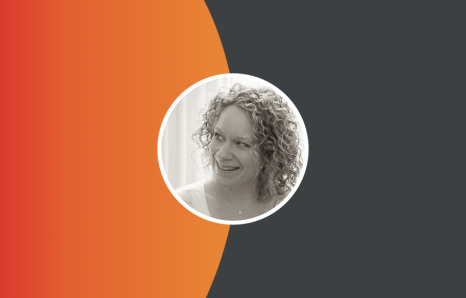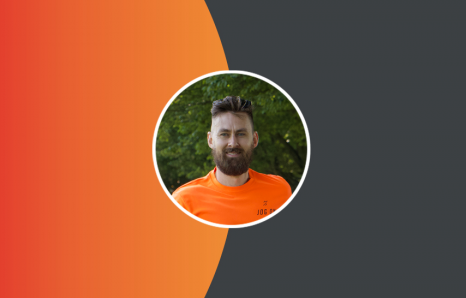Qigong, pronounced “chi gong,” was developed in China thousands of years ago as part of traditional Chinese medicine. It involves using exercises to optimise energy within the body, mind, and spirit, with the goal of improving and maintaining health and well-being.
You may also be interested in:

Tips for enhancing thyroid health
Learn what the thyroid is and the different types of disease that can affect it, the relationship between the thyroid and the rest of the body and even how relaxation can have a positive impact. Led by Jules Chandler, Founder, The Thyroid Collective.

Thyroid health
The thyroid and brain work together to regulate hormones essential for your body. However, the thyroid is highly sensitive to stress, diet, genetics and medical conditions. So, how do you know if you have a problem with your thyroid? What’s the difference between a hypo and hyper functioning thyroid? And, what is it like to live with thyroid problems? Jules Chandler, The Thyroid Expert, provides the answers to these questions, and more.

Running into the new year
Harry Morgan, host of Podcast and YouTube channel JOG ON, discusses how to start running if you never run before. He suggests popular running plans, and will share what happens to our body and brain during a run. We also cover the long term mental benefits of exercise and running too. We help you in your journey no matter what stage you’re at.
